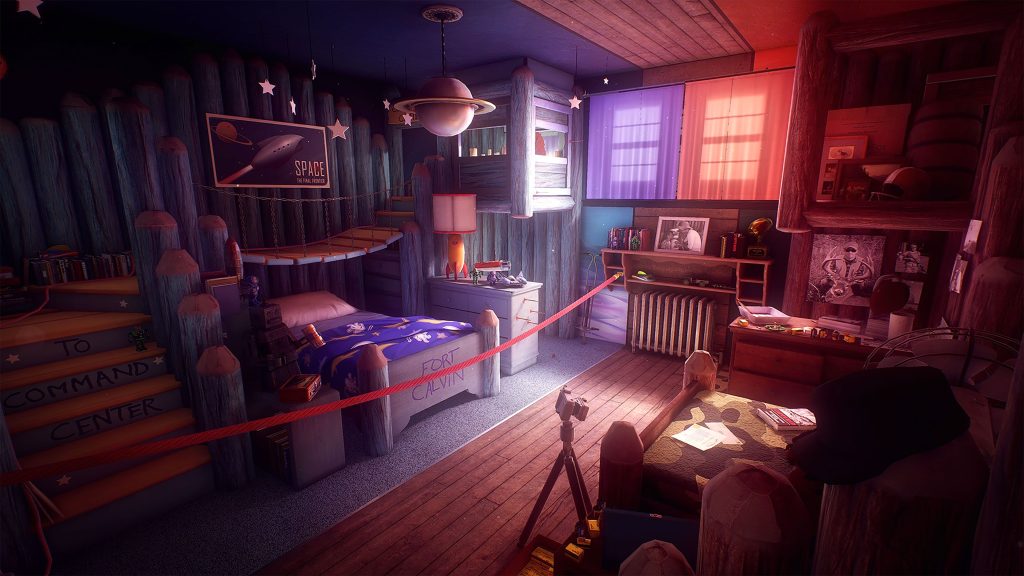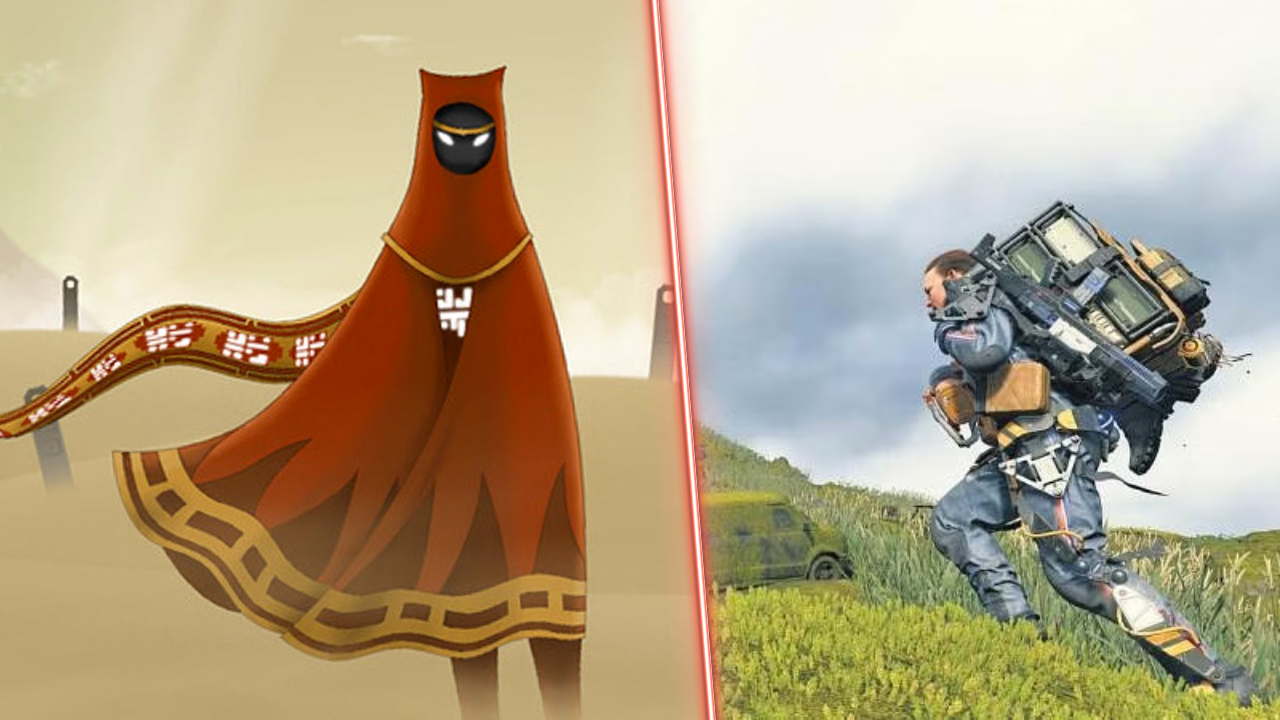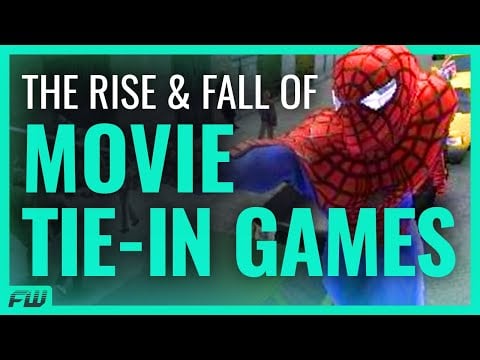Easy to learn and deeper than expected, walking simulator is a genre of games that draws in players from different walks of life and asks them to journey through a rich storytelling experience that leaves them with an aftertaste of reflection and nostalgia.
They often sway away from traditional gameplay design philosophies. There’s no dragon to battle with fancy swords, and no opponents to fight or hack-n-slash your way through. Instead, you’ll be conquering inner demons and psychological challenges from the perspective of unique characters in a walking simulator.
Sometimes, these characters aren’t even human. And, that’s okay. Walking simulators often have a wonderful way of crafting out-of-body stories that you’ll empathize with.
As usual, some games take the genre to its height, and today we’re pondering those experiences with a few games that left gamers reflecting on everything it had to offer. Even after completing the game long, long ago. Here are some of those games that allow self-reflection in its rawest, most imaginative form.
What Remains of Edith Finch – The Fragility of Life, and What Comes After

The narrative of What Remains of Edith Finch is a tricky one. At first glance, it invites you to explore an eerie estate filled with little stories. There’s a catch here – all of these stories connect to Edith’s family members and how their demise came to be. As you explore the game’s frantic setting that sings about an anxious tune that governs much of its narrative, you’ll likely tell yourself, ‘The less I know the better!’.
Don’t be terrified though, the walking simulator has a lovely way of narrating these stories in a way that makes you at ease about the idea of death. In a tranquil backdrop of how precious life can be, no matter how short it is. Sometimes, you’re looking at life’s precious moments from a baby’s perspective. Other times, you’re carefully making your way through a tree’s branches from an extremely curious cat’s point of view.
What Remains of Edith Finch makes for an awe-inspiring journey that is short and powerful enough to make you wonder about all that comes after we’re done with this chapter called life, and how we go about weaving a legacy for those to come.
Death Stranding – The Importance of Human Connection and Lack Thereof

When Hideo Kojima decided to ‘do his own thing’, fans weren’t expecting a walking simulator title along the lines of Death Stranding. Yet, the game has Kojima’s masterful storytelling written all over it. Death Stranding slow-paced narrative reminds players of a simple yet important question – ‘Do we genuinely understand the importance of human connection?’
It’s tough to see Death Stranding count as a walking simulator. After all, the game has some great traversal mechanics, as well as some questionable combat mechanics that fit the ‘action-adventure’ subgenre. However, much of what makes the game so special relies heavily on the game’s ‘walking’ mechanics.
As you traverse rough terrains and sometimes try to be super silent in hopes of evading supernatural forces around you, there’s always the option to make the journey easier. Placing a ladder, constructing roads and bridges, and finding supplies.
None of this is in the context of loneliness though, because Death Stranding immaculately blends all that you do into a stealthy online walking simulator, where other players notice your contributions, and thank you for it. In turn, you thank them for helping out, without actually ever interacting with one another.
The underlying message here is the essential nature of human connection, and how much we truly crave it as the world moves on. Especially after we’ve experienced troubling times during the pandemic.
Firewatch – The Dangerous Consequences of ‘What Could Have Been’

Firewatch remains one of the most popular walking simulators to come out and garner success despite its simple movement mechanics. Ideally, the game is for anyone who’d like a moment away from their hectic lifestyle and take in a breath of nature through the few hours of Firewatch’s excellent narrative.
Your introduction to the game is bittersweet, as you start your journey from the point of view of a man who is leaving behind the complexity of life in search of meaning. What’s the point of tragedy? How do we outlive our pasts? How do we have control over things we can’t control, given the futility of life? It’s easy to fall down the rabbit hole of such questions, and that’s when Firewatch reminds you of all the ‘more’ the world has to offer.
Throughout your adventure in this walking simulator, you’ll hardly ever encounter a real-life interaction with someone else. However, you’re always connected to someone through a walkie-talkie. She’s here to make sure your days spent on firewatch duty don’t end abruptly, and you make it back in one piece.
Between its downright terrifying discoveries and conversations that leave you stunned, Firewatch is a meditative experience that will inspire you to embark on your own novel relationship with nature, and turn over a new leaf.
Journey – Life’s Simpler When Done Together

Journey’s impactful presence in the gaming community is evergreen. What came out as a PlayStation exclusive soon became a multi-platform sensation that took the walking simulator genre to new audiences. The game’s overarching narrative about finding one’s purpose doesn’t happen through a lonesome journey (which is a popular trope in many storytelling devices).
Instead, the walking simulator’s focus is on how you progressively journey through the game’s mysterious world that holds a rich history, simply never ‘told’ to you directly. With another player, you’ll move through a series of puzzles and challenging level designs in hopes of completing a quest.
What makes co-op special here is the lack of interaction through voice or text. Rather, the only form of communication between the two players is a musical chime they can play out. You’ll probably never meet this player again, and that’s the beauty of it.
Journey carefully creates an experience that teaches you the underlying importance of doing things together, even when you don’t speak the same language or come from a similar background.
The Invinsible – A Walking Simulator That Lets Curiosity Turn Loneliness Into Solitude

There’s a fine line between feeling lonely in a world of sensory overload that’s riddled with information and finding peace in the fact that loneliness can inspire you to reflect on everything you can learn from it. That’s where solitude strives, and The Invinsible nails it with every story it tells.
Much of this walking simulator is based on a Polish sci-fi novel written by Stanisław Lem, and the game’s world right away puts you in a universe that’s begging to be explored. You’ll play as an astrobiologist, Yasna, as she explores Regis III, a planet with its own bunch of unsolved story pieces and a tragedy that has put Yasna in a life-or-death situation.
What starts as a promise of exploration soon turns into a sequence of twists and turns, leading to different outcomes based on how you deal with the story’s non-linear sequences. The Invinsible, like many walking simulators, challenges you to make the most of your situation.
In doing so, it puts you in a complicated scenario where the idea of ‘who are you, really?’ is a dynamic question that truly matters. The only constant here is evolution. An ongoing change in keeping an open mind about all that you don’t know, and finding comfort in the unexpected nature of the unknown.
If anything, The Invisible teaches us to be curious. Furthermore, using curiosity as a tool to better your relationship with loneliness and solitude. It’s one of those walking simulators that masks ‘danger’ under the seductive nature of exploration.
These were some of the walking simulators that got us thinking about life, and then a little more. There’s a lot more out there, and it’s up to you how and when you stumble upon a game that might change your perspective towards all that happens to you, and how you respond to it.
Follow us for more entertainment coverage on Facebook, Twitter, Instagram, and YouTube.



